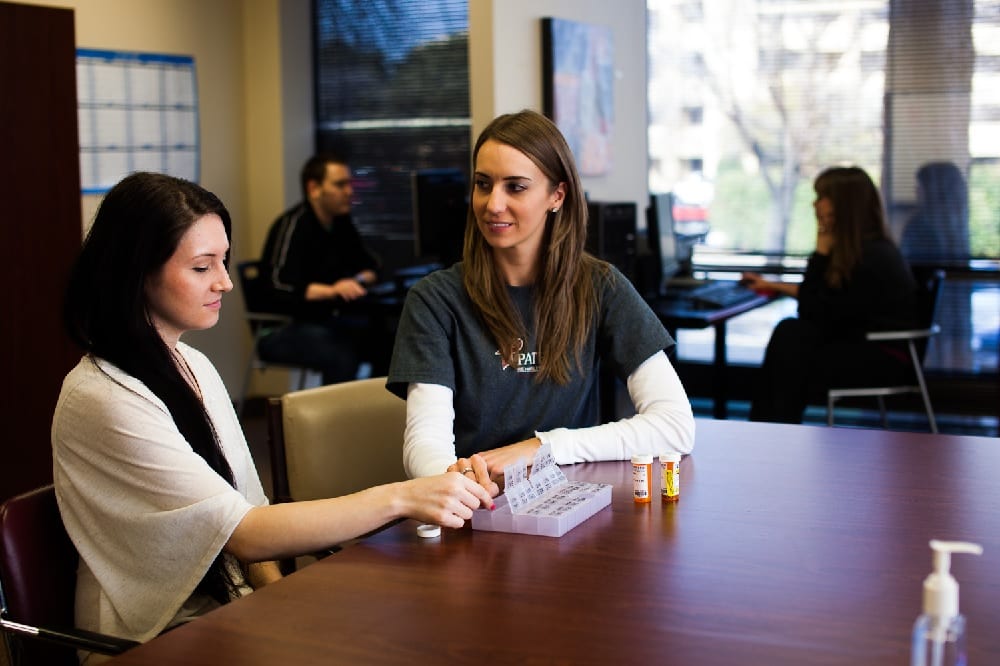
Cognitive rehabilitation focuses on restoring cognitive abilities (thinking processes) and providing training in ways to compensate for thinking problems following a neurological event or brain injury.
Cognitive problems following an acquired brain injury (ABI) are very common and may include difficulties with memory, language (speaking and understanding), attention, reasoning, organization, problem solving as well as carrying out basic and higher level activities of daily living. The cognitive difficulties present are related to the areas of the brain that are damaged during the injury.
The first step in developing a sound cognitive rehabilitation program is to conduct thorough assessments. At Pate we incorporate our therapists' interdisciplinary assessments along with a neuropsychological evaluation, conducted by a staff neuropsychologist.
Based on the results, the treatment team gains a picture of their patient’s current functioning. We then collaborate with the patient and family members to learn the specific goals they'd like to achieve while at Pate to create a comprehensive treatment plan.
People with an acquired brain injury all present with a unique set of needs, so every treatment plan developed at Pate are client-centered and specialized to address their diverse goals. The specific cognitive rehabilitation techniques used will depend on the patients’ level of functioning and their goals.
At Pate our therapists are committed to using evidence based techniques. In other words, the cognitive rehabilitation methods we use have been proven effective through research. We aspire to help our patients function in the real world and carry out activities they find meaningful and fulfilling.
